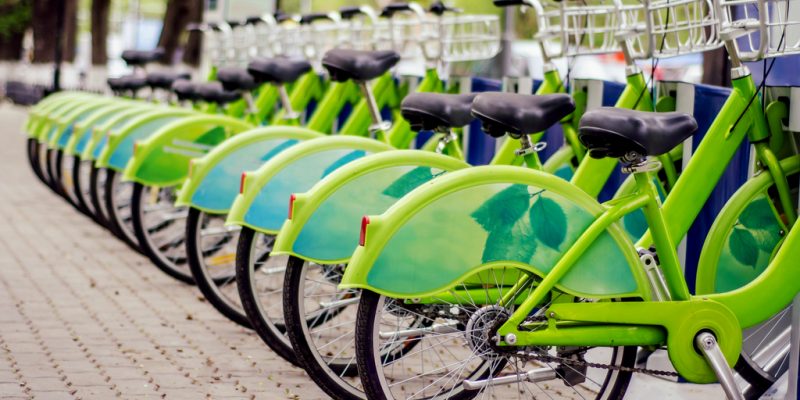Environmental transition (greener streets and technology) is the trend in Uganda. Motorcycle taxi drivers in the capital Kampala are no exception. They have been testing "e-bikes" for some time now, transporting passengers on electric bicycles powered by solar energy.
Electric mobility is still a new phenomenon in Uganda, with less than 10% of vehicles on the roads of Kampala, the country’s capital, powered by electric energy. Though local companies such as Zembo, importer of custom-made electric bikes and supplier of solar energy, and Bodawerk, specializing in converting conventional motorcycles to electric ones, are working to make the streets cleaner, much remains to be done.
Against this backdrop, the International Climate Initiative of the German Environment Ministry and the United Nations Development Programme have set up the “e-bikes” project. The aim of the project is to help Uganda make the transition to electric mobility and to raise awareness of green technologies. Motorcycle taxi drivers in Kampala are gradually adopting the technology to make their operations more environmentally friendly and lower operating costs. Having more eco-friendly vehicles and devices would limit the production of carbon dioxide and reduce air pollution, especially the emission of fine particles, which are harmful to nature and mankind.
The green bicycle project, developed in the East African country, is part of a $34 million (about 133 billion Ugandan shillings) initiative by the United Nations Environment Programme (UNEP) and the International Energy Agency (IEA) to support the transition to electric mobility in 17 developing countries. It was implemented by the International Climate Initiative of the German Environment Ministry in partnership with the Ugandan Ministry of Energy and Mineral Development.
Inès Magoum






